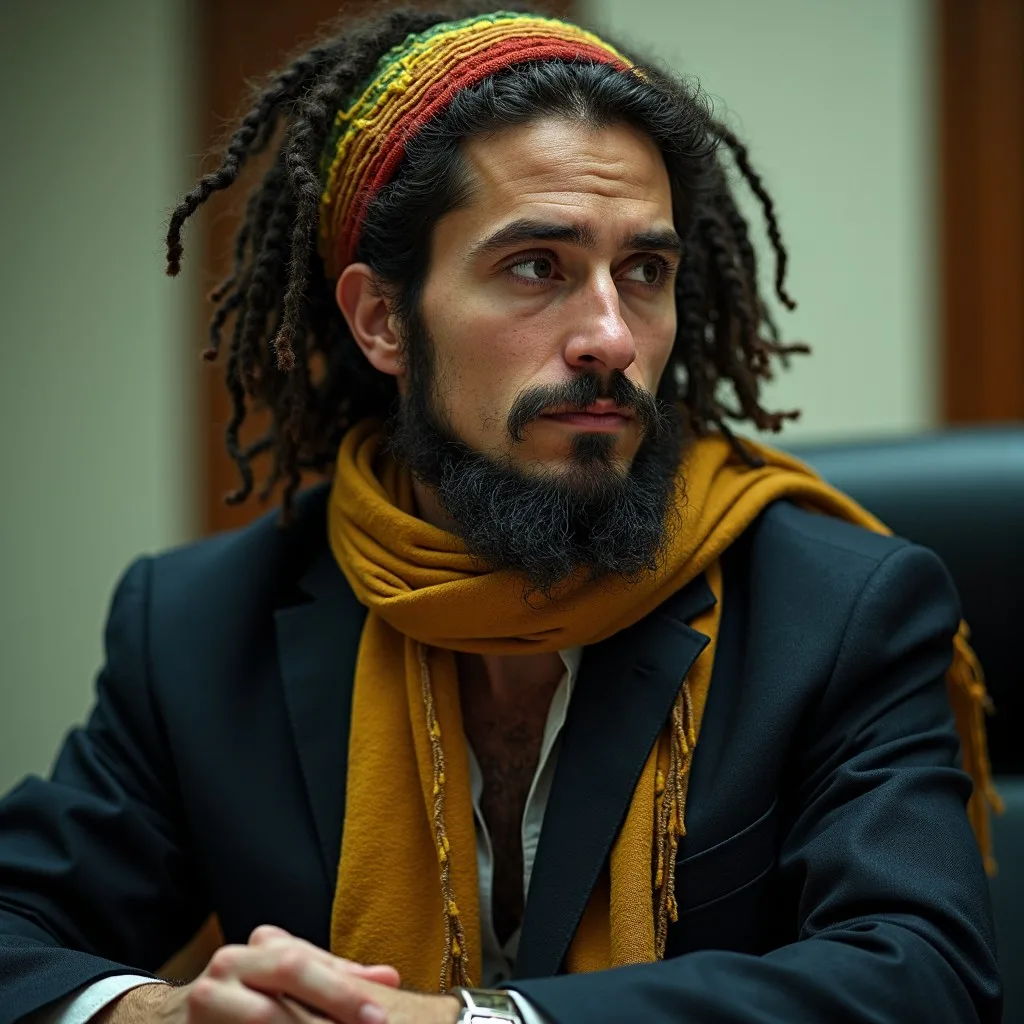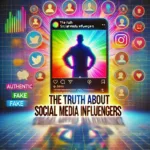The Senate Hearing on Big Tech Censorship: What It Revealed and Why It Matters
On December 22nd, the U.S. Senate held a crucial hearing featuring Mark Zuckerberg and Jack Dorsey. The session was aimed at probing the alleged censorship practices of social media giants Facebook and Twitter. For years, individuals who shared certain viewpoints—particularly those labeled as “right-wing”—have claimed they were being unfairly targeted, shadowbanned, or outright silenced. This hearing marked a turning point, providing evidence and exposing how far-reaching these practices have been.
The Misrepresentation of Political Labels
One of the most critical points raised during the discourse surrounding this hearing was the misrepresentation of political ideologies. The terms “right-wing” and “left-wing” have been distorted to such an extent that they no longer represent their historical definitions. Traditionally, right-wing ideologies were associated with authoritarianism and heavy-handed government policies. However, many of the so-called right-wing groups today advocate for libertarian principles: less government, minimal control, and a stronger emphasis on individual freedoms.
Conversely, the far-left—which champions increased government control and policies—often mirrors the authoritarian tendencies it accuses others of. This ideological misunderstanding fuels the justification for censorship. Dissenting voices, especially those challenging mainstream narratives, are branded as extreme and therefore silenced. But the question arises: Who decides what is extreme?
Big Tech’s Role in Censorship
The Senate hearing uncovered detailed mechanisms by which social media platforms implement censorship. Both Zuckerberg and Dorsey faced intense questioning about the use of algorithms, keyword targeting, and manual review teams. The platforms were shown to specifically suppress content questioning the COVID-19 vaccines, casting doubt on their safety and efficacy.
From the beginning of the pandemic, there was skepticism about how quickly vaccines were developed and approved. Many argued for a more cautious approach, advocating for longer testing periods. Instead of encouraging open dialogue, platforms worked with government agencies to silence critics. People expressing concerns—even when later proven valid—were labeled as spreading misinformation and faced punitive actions such as account suspensions or permanent bans.
COVID-19 Vaccine Controversy
Fast-forward to today, and some of the concerns raised by these so-called skeptics have been validated. Several COVID-19 vaccines have been pulled from the market due to safety concerns. These events raise an uncomfortable question: Should platforms have censored individuals for questioning a product that was later deemed problematic?
At the heart of the issue lies the concept of immunity—not just in biological terms, but legal ones. Pharmaceutical companies producing the vaccines were granted immunity from lawsuits, even as the products were fast-tracked without the usual rigorous testing. This shield left many questioning the motives behind the push for vaccines and the suppression of dissent. If the vaccines were safe, why silence those asking for more transparency?
The concept of herd immunity, a natural process where populations develop collective resistance to a virus, also played a significant role in this debate. Early in the pandemic, many argued that herd immunity would eventually reduce COVID-19 cases more effectively than vaccines. This theory has largely been borne out by data showing significantly lower reinfection rates among those who recovered from COVID-19 compared to vaccinated individuals. Yet, this perspective was vilified and censored in real time.
Personal Experience with Censorship
Censorship is not just a theoretical concern; it has affected countless individuals, including me. In 2019, I shared political opinions on Twitter, only to have my account locked due to a flagged post. To regain access, I was forced to delete the content. While my account was reinstated, the impact on my reach was undeniable. Before the incident, my posts garnered 31 million views monthly. Afterward, that number plummeted to just 30,000 views a month. Despite my best efforts, my reach has never recovered.
The term “shadowbanning” often comes up in discussions about censorship. It refers to the practice of limiting an account’s visibility without notifying the user. As someone who documented the drastic drop in engagement, I can confirm that shadowbanning is real and pervasive. Platforms like Twitter and Facebook have implemented these measures to suppress voices they deem controversial.
Broader Implications of Big Tech Meddling
The revelations from the Senate hearing highlight a disturbing trend: social media platforms are not merely neutral spaces for public discourse. Instead, they actively shape political and social narratives. This interference extends beyond banning individual accounts. Algorithms are designed to promote certain ideas while burying others, subtly influencing how users perceive reality.
The collaboration between social media companies and government agencies raises serious concerns about freedom of speech. When private corporations partner with political entities to suppress dissent, the line between public policy and private enterprise blurs dangerously. This erosion of the First Amendment’s protections should alarm anyone who values open dialogue and accountability.
The LGBTQ+ Debate and Censorship
Censorship also extends to sensitive cultural issues. For instance, any criticism of LGBTQ+ events or practices often faces swift backlash. While inclusivity and respect are crucial, there’s a growing concern about certain practices like drag queen story hours or pride parades where nudity is normalized. Critics argue that these events should be regulated, especially when children are involved, but expressing such opinions can lead to bans or public shaming.
The question remains: Is it possible to have a respectful debate on such issues without resorting to censorship? By silencing critics, platforms inadvertently fuel resentment and polarization, preventing meaningful conversations from taking place.
What’s Next for Social Media?
The Senate hearing represents just the beginning of what could be a larger reckoning for Big Tech. Senator Josh Hawley, in particular, pushed hard for transparency, threatening to subpoena data that would expose the full extent of censorship practices. If this data becomes public, it could profoundly change how people view social media platforms.
The backlash could lead to a decline in trust, and ultimately, in user engagement. Already, alternative platforms like Parler, Gab, and Rumble are gaining traction among those who feel disenfranchised by mainstream social media. The future of platforms like Facebook and Twitter may depend on their willingness to acknowledge past mistakes and implement meaningful reforms.
Final Thoughts
Censorship, regardless of the justification, undermines the principles of free speech and open dialogue. The Senate hearing exposed how social media companies have crossed ethical lines by partnering with governments to suppress dissent. From vaccine skepticism to cultural debates, the suppression of diverse viewpoints has stifled meaningful discourse and eroded trust in these platforms.
Moving forward, it is imperative that users demand greater transparency and accountability from Big Tech. Freedom of speech is not just a constitutional right; it is the cornerstone of a healthy democracy. As more evidence comes to light, the public must remain vigilant and hold these powerful entities accountable. Only then can we hope to restore balance and fairness to the digital public square.









No Comments